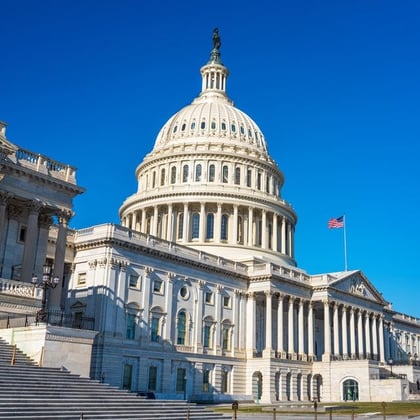Sens. Bill Cassidy, R-La., ranking member of the Senate Health, Education, Labor and Pensions (HELP) Committee, along with Tim Scott, R-S.C., and John Thune, R-S.D., introduced the Employee Rights Act of 2023, which they say would protect independent contractors and clarify the definition of “employee.”
The Employee Rights Act amends the Fair Labor Standards Act, FLSA, to define “employee” using the same test the IRS uses. This would replace the Labor Department’s interpretation of employee in its new independent contractor rule, which Labor plans to finalize in May. Several trade groups in the financial services industry oppose Labor’s new interpretation.
David Bellaire, executive vice president and general counsel for the Financial Services Institute, a group representing independent financial advisors, told ThinkAdvisor Monday in an email that these advisors “choose to be independent contractors so they can build their business within their community. While ideally the 2021 DOL independent contractor rule would remain in place, we applaud the Senators’ efforts to ensure independent financial advisors maintain the flexibility and independence they have chosen.”
Labor’s 2021 independent contractor rule used a test based on two core factors. The 20-factor common law test in Cassidy’s bill, used by the Internal Revenue Service, analyzes the extent an employer exercises control over a worker to determine worker classification.
Added Bellaire: “It’s vital that our members have clarity and certainty regarding their classification as independent contractors so that they can confidently operate their businesses and best serve Main Street American investors.”
FSI has been a staunch opponent of Labor’s proposed new independent contractor rule, which uses an economic realities test.
The test utilized in Labor’s proposed independent contractor rule, according to Bellaire, “would result in a lack of clarity regarding independent financial advisors’ worker classification” under the FLSA.








 April 28, 2023 at 10:45 AM
April 28, 2023 at 10:45 AM











 Copyright © 2024 ALM Global, LLC. All Rights Reserved.
Copyright © 2024 ALM Global, LLC. All Rights Reserved.